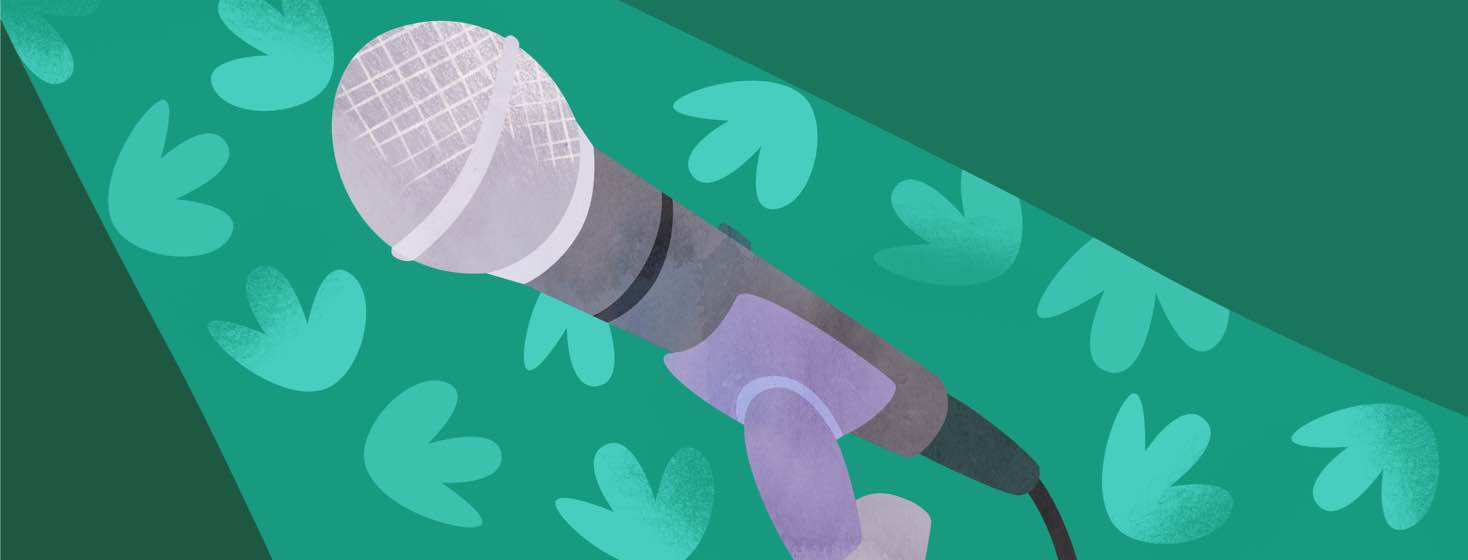Jacquie's story: a bladder cancer survivor
My story with bladder cancer began in 2005, at age 47. I began having symptoms similar to those of a urinary tract infection (UTI). My symptoms did not respond to prescription antibiotics and quickly progressed to include hematuria.
When I could no longer pee without screaming, I visited the emergency room. The initial diagnosis was interstitial cystitis, also known as painful bladder syndrome.
The official and first diagnosis
The official diagnosis came from my first urologist after a CT scan, "There is something in your bladder and we have to get it out – before it turns serious." He never spoke the word "cancer."
The something was removed through outpatient surgery. I never asked him to name it or if there could be complications later. He prescribed a special diet to balance my body out and sent me home.
The following year, I had a partial hysterectomy to remove uterine fibroids and forgot all about my bladder.
Five TURBTs and another urologist
In 2007, I learned that a new something in my bladder was low-grade cancer. My second urologist found it, removed it in his clinic, and told me it wasn't going to kill me.
Bringing in the cavalry
When 4 low-grade tumors appeared in 2009, I sought a referral to the University of Washington Urology Clinic in Seattle, where a friend had previously been treated. There, I received mitomycin for the first time after TURBT. I experienced burning irritation and bleeding for a month, but settled it eventually.
Bladder cancer recurrence
In 2012, I received another dose of mitomycin after TURBT for 2 low-grade tumors. That time, the side effects lasted for 2 months and I cried a lot. When my urologist suggested trying something else next time, I responded, "What do you mean next time? I'm not doing this again." But, to my surprise...
In June 2021, the fourth urologist's plan was to administer gemcitabine after resecting 2 low-grade papillary tumors. But chemotherapy was canceled mid-surgery because a carcinoma in situ was found. I was catheterized for 2 weeks while my bladder healed and we waited for biopsy results.
The follow-up
I finally learned at the follow-up consultation that I would not receive BCG treatments either, since the carcinoma in situ was also low-grade. I am concerned because I had anticipated receiving chemotherapy to reduce the risk of recurrence. But I am still praying that there will be no evidence of disease at my 3-month checkup in September.
Grateful for clean years
The current options for NMIBC are limited but more tolerable than others. I am grateful that TURBTs and intravesical chemotherapy kept my bladder clear for almost 10 years. But if I should require long-term maintenance, my hope is for advancements in immunotherapy to treat early-stage malignancy. In the meantime, I am complementing my treatment with an anti-inflammatory diet, nutritional supplements, mind/body therapies, regular exercise, and adequate sleep, because I strongly believe in holistic care.
A survivor's story: guided by faith
I am inspired by faith and the will to keep living. Despite multiple recurrences and ongoing maintenance, my motivation for staying positive and looking forward is the relentless quest for complete optimal health. It is my birthright.
It seems cliché, but I have learned that my health is my most precious gift. I owe it to myself and my loved ones to set the intention for healing, no matter what I experience. Bladder cancer is an experience I have had, while the pursuit of wellness is a lifelong responsibility.
Advice for the newly diagnosed
I advise anyone recently diagnosed to become knowledgeable about your diagnosis, treatment options, and prognosis. Ask questions and advocate for yourself. Be intentional with your self-care. Sleep restoratively, eat purposefully, laugh constantly, dance frequently, and live abundantly.
Tell us about your experience in the comments below, or share your story with the community.

Join the conversation